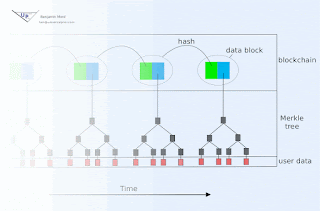First a disclaimer: I am not a lawyer, so what do I know. Please don't assume I know what I am talking about in this post.
BUT... it seems pretty clear to me from the 2014 Supreme Court ruling in Alice Corp. v. CLS Bank International, that abstract ideas do not become patentable merely by saying "... and then you go implement this on a computer". That would seem to exclude a great variety of algorithms, including the abstract idea of demonstrating prior knowledge via efficient creation of crossword puzzles.
So then what might be patentable even when meant to be implemented on a computer? One example which comes to my mind would be computer simulation of a patentable hardware design for the purpose of analyzing (or some such) that very specific and patentable hardware design. But note it would be only the simulation of that specific design, not the abstract and general notion of simulating hardware designs (of which there also happens to be prior art, but prior art is a different topic).
Another example which comes to my mind would be software whose design is itself highly customized for a very specific hardware design. Confusingly, the example of cryptography did pop up during oral arguments, which one might find odd as cryptography often boils down to very abstract mathematical concepts. But on the other hand, cryptographic algorithms are sometimes tailored very precisely to the specific performance characteristics of particular hardware, and such instances would seem to me as, just maybe, representing "significantly more" than the mere abstract idea which it also embodies. There is precedent in another Supreme Court ruling after all, that one must consider what remains after removing the abstract idea embodied, and see if it adds "significantly more".
But again these are the musings of someone with no formal legal training whatsoever, and this is not legal advice. As a citizen, I am pleased that the patent in this instance was found invalid. Now if only the USPTO would stop issuing so much crap.

